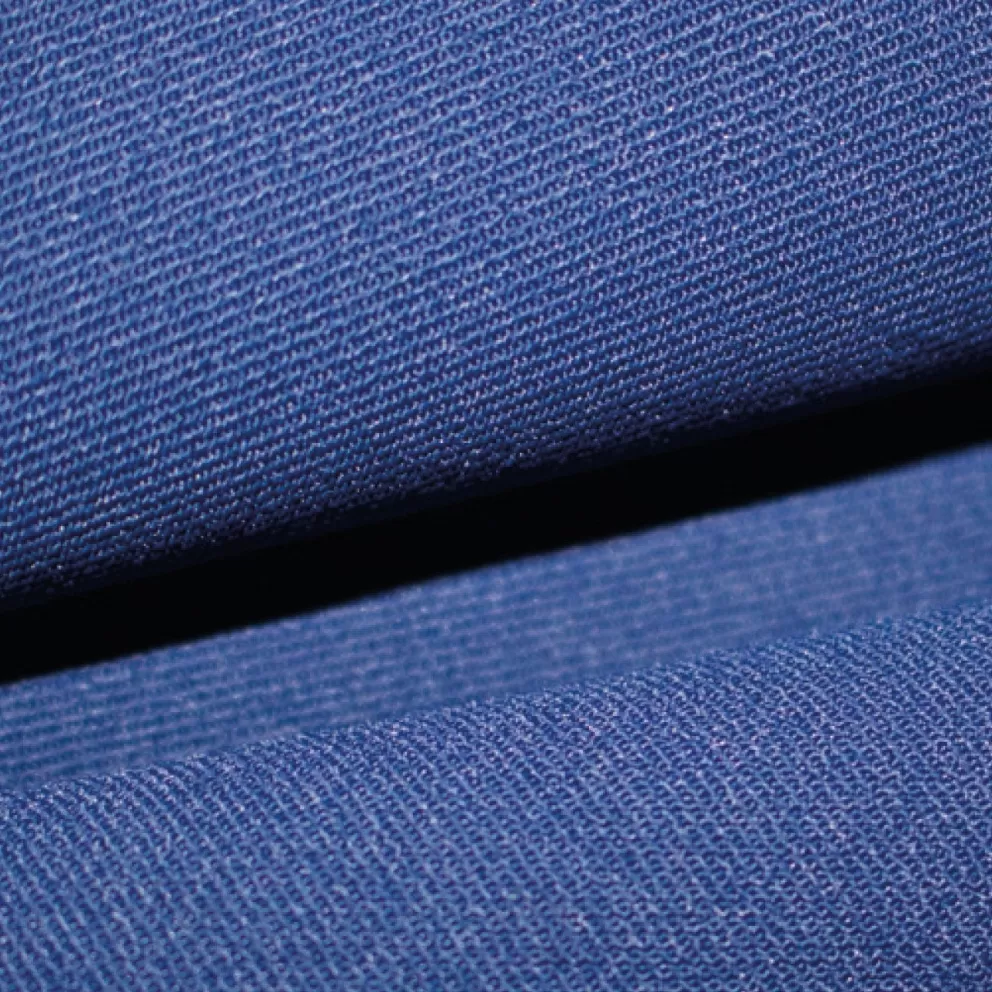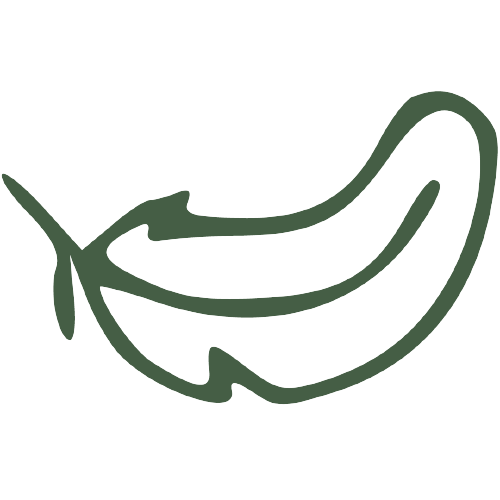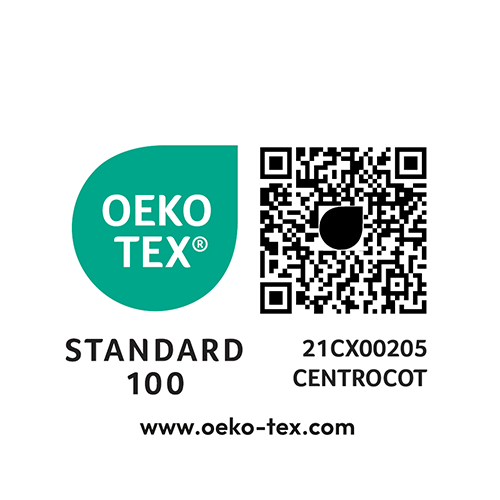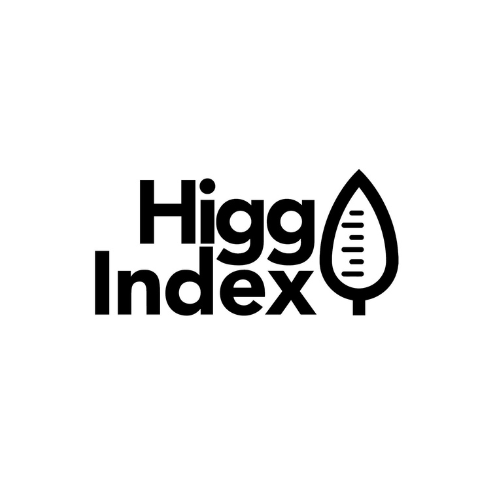
Applications:
Properties:
 Lightness
Lightness

Possible processes
Polyamide 6,6 POY Yarns;
Polyamide 6,6 DTY-Drawn Textured Yarns;
Polyamide 6,6 ATY-Air Textured Yarns;
Polyamide 6,6 FDY Flat Yarns;
Polyamide 6,6 CCY-Conventional Covered Yarns;
Polyamide 6,6 AJC-Air Jet Covered Yarns.

WHAT IS Q-NOVA?
Q-NOVA AND THE ENVIRONMENT
Concern for the environment, recycling, a green lifestyle with zero emissions are just some of the most recent themes which have rightly captured public attention and are also close to our heart.
This is why Fulgar has put together a highly ecological product which aims to reduce CO2 emissions, consume less water and use renewable energy.
PROPERTIES
LIGHTWEIGHT
Q-NOVA enables us to manufacture more lightweight fabrics with the same qualities as fabrics made from Cotton or Polyester.
BREATHABILITY
Q-NOVA boasts excellent moisture control meaning that the skin stays fresh and dry *UNI EN ISO 62.
BRIGHT COLOURS
Q-NOVA has been designed to give the best possible dyeing quality. Fabrics and items of clothing made from Q-NOVA are as robust as those made from virgin polyamide.
THE MCS PROCESS
The MCS process is a mechanical regeneration system which does not involve using chemical materials which would detract from the sustainability of the end product.
Q-NOVA consists of more than half of waste: in fact, such materials could not be reused in any other way and should be disposed of externally as waste.
The selected waste material is re-melted through a mechanical process that regenerates it and returns it to Fulgar in the form of a polymer and then moves on to subsequent processing.


Elements of Sustainability
Sustainability is one of the main pillars of Fulgar's social responsibility policy and is well expressed by the slogan “a better way to the future”. These words sum up Fulgar's keen environmental awareness and fierce determination to preserve and enhance the global ecosystem.
Discover more







